BARRIERS TO WEALTH CREATION
By Prof. Mahesh P. Bhave
Around mid-1980s, I was puzzled by a simple question: Why is India poor? What are the causes of the wealth and poverty ofnations? I realized only later the very question prompted Adam Smith’s 1776 classic, An Inquiry into the Nature and Causes of the Wealth of Nations.
One conclusion I reached was that entrepreneurs were responsible for wealth creation. The state had a supportive and an enabling role. The state, I hoped, would at least not be an impediment.
Assuming entrepreneurship is the way, what prevents entrepreneurs from starting new ventures quickly? I reached a surprising conclusion – absence of the right information, in a timely way, resulting in uncertainty reduction. The faster the uncertainty reduction, the closer entrepreneurs were to business launch.
The right information was often with people, not in books, and not on the Internet, which did not exist at the time I was researching the subject. But few people with the right information were at hand, within the family, in the same region, or were peers in the same organization or university. Some key people were oceans away. Some knowledge was arcane in scientific journals, and inaccessible due to the inability to understand.
How to bridge distances and link with the right people? I concluded that the absence of telephony infrastructure wasamong the major causes of lack of entrepreneurship, and therefore wealth creation. And India believed well into early 1990s that telephone infrastructure was a luxury, unimportant compared to other needs.
India also believed in the state-as-entrepreneur, and invested heavily in public sector undertakings (PSU). Nehruvian socialism full of good intentions ruled. The nation turned to the state – maabaapsarkar – for many of its needs.
Certain communities nevertheless managed to overcome these limitations, and entrepreneurial culture developed within family networks. Dinner tables became boardrooms. Naturally, such business families maintained cordial relationships with the uber-entrepreneur, the state.
Fast-forward twenty plus years. Now telephone access is a solved problem, and people anywhere in the world are reachable. From the remote hills of Kozhikode, Kerala, I can call Barack Obama or Sachin Tendulkar, and they could call me!The Internet has made reference and background information gathering magically easy. Social media likely accelerates inter-personal networks. Does this access plenty spur grass-root, entrepreneurial economic activity? It should, it likely has.
As the barriers to uncertainty reduction in the entrepreneurial process have fallen, what is the new constraint to entrepreneurial activity? Of course, entrepreneurs make many judgments beyond getting information. They consider timing, segment customers, estimate demand, marshal resources, and evaluate the implications of the falling rupee. Above all, they require know-how in addition to know-what, which is difficult to acquire.
Nevertheless, one of the major barriers to entrepreneurial wealth creation … now stares us in the mirror each day.Mahesh P. Bhave is a Visiting Professor of Strategy at IIM Kozhikode
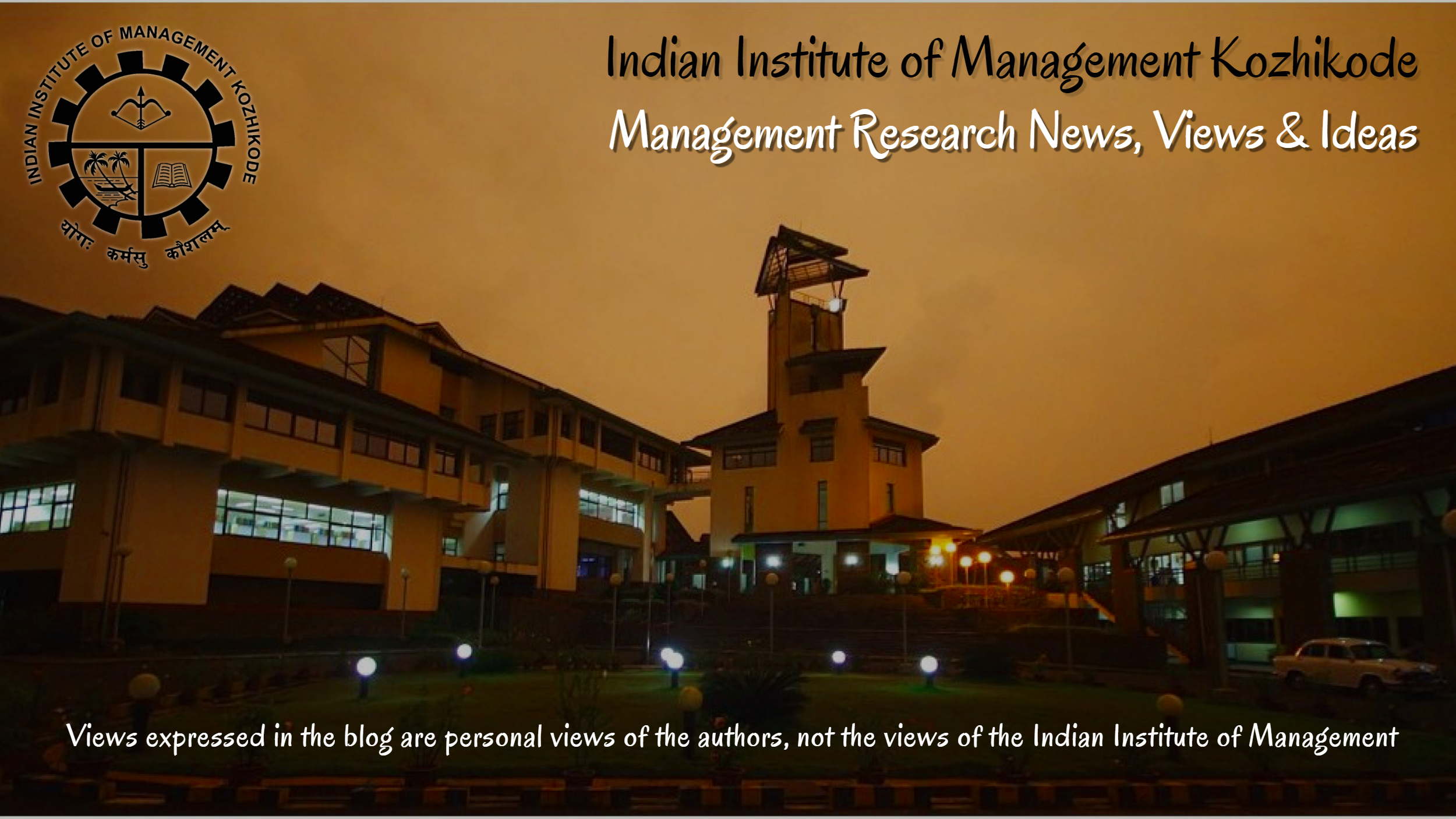



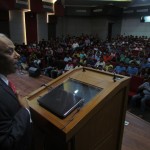
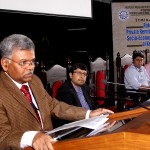
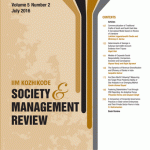
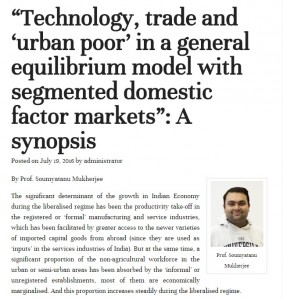
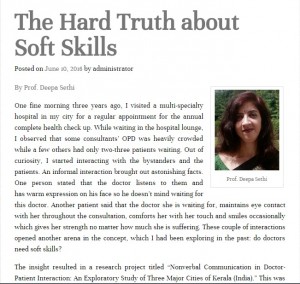

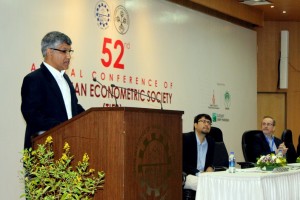





 Users Today : 385
Users Today : 385 Users Yesterday : 381
Users Yesterday : 381 This Month : 1209
This Month : 1209 This Year : 36702
This Year : 36702 Total Users : 594946
Total Users : 594946 Who's Online : 2
Who's Online : 2